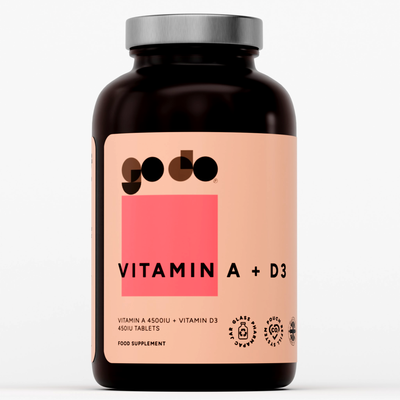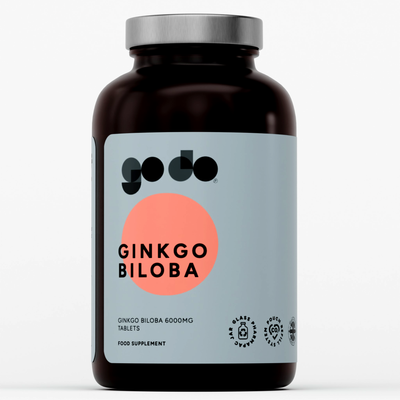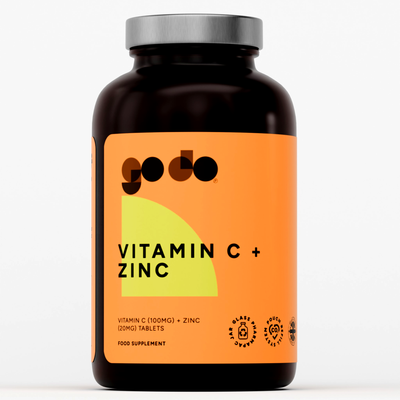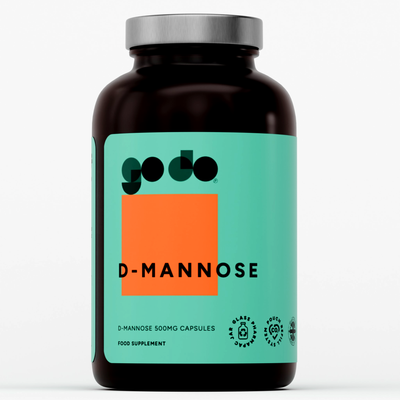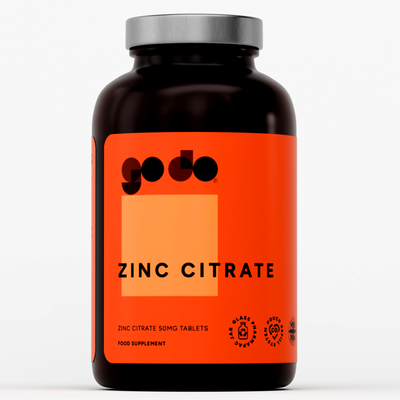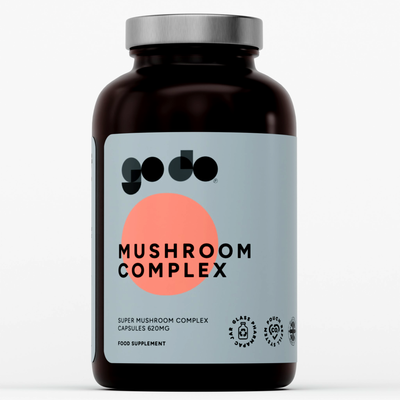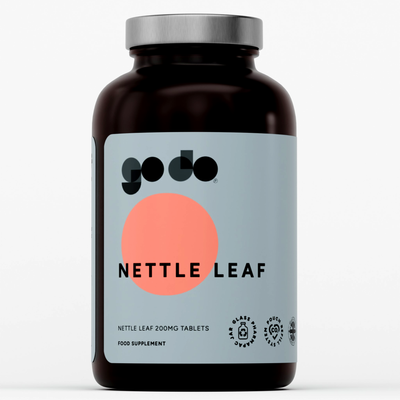In the vast landscape of nutritional supplements, few compounds generate as much interest among fitness enthusiasts and health-conscious individuals as L-carnitine and L-arginine. While both are popular and widely available, they serve remarkably different functions in the body. Understanding these differences can help you make more informed decisions about which supplement might best support your specific health and fitness goals.
Introduction
The supplement industry continues to grow exponentially, with amino acids and their derivatives among the most sought-after products. L-carnitine and L-arginine stand out as particularly popular options, appearing in pre-workouts, recovery formulas, and standalone supplements. Despite often being mentioned together, these compounds work through entirely different mechanisms and offer distinct benefits. This comprehensive comparison will explore their functions, potential advantages, scientific backing, and practical applications to help you determine which might deserve a place in your supplementation strategy.
Understanding L-Carnitine
Despite often being grouped with amino acids, L-carnitine is technically an amino acid-like compound that your body synthesizes from lysine and methionine. It's produced primarily in the liver and kidneys and then transported to other tissues, particularly muscles, which store about 95% of your body's carnitine.
The primary biological role of L-carnitine is remarkably specific: it transports long-chain fatty acids into the mitochondria—your cells' energy-producing factories—where these fats can be oxidized and used for energy. Think of L-carnitine as a specialized shuttle service, moving fat molecules to where they can be burned as fuel.
Several forms of L-carnitine exist in the supplement market, each with slightly different properties:
- L-carnitine (standard form): The basic form, typically used for metabolic and general health purposes
- Acetyl-L-carnitine (ALCAR): Features better absorption and ability to cross the blood-brain barrier, making it potentially beneficial for cognitive function
- L-carnitine L-tartrate (LCLT): Absorbs rapidly and is popular among athletes for exercise recovery
- Propionyl-L-carnitine: Offers additional benefits for circulation and cardiovascular health
The unique fat-transporting function of L-carnitine translates into several potential benefits:
Fat Metabolism and Weight Management
By facilitating the transport of fatty acids into mitochondria, L-carnitine may enhance fat oxidation during exercise. While not a "fat burner" in the traditional sense, it helps optimize your body's ability to use fat as fuel, which could support weight management efforts when combined with proper diet and exercise.
Exercise Performance and Recovery
Research suggests L-carnitine supplementation may reduce exercise-induced muscle damage and soreness, potentially accelerating recovery between training sessions. Some studies indicate it might increase oxygen delivery to muscles and improve exercise capacity, though results vary across different populations and training intensities.
Cardiovascular Health
L-carnitine has shown promise for heart health, with some research indicating it may improve cardiac function in certain populations, reduce oxidative stress, and support healthy blood lipid profiles. It appears particularly beneficial for those with specific cardiovascular conditions.
Cognitive Function
Acetyl-L-carnitine (ALCAR) specifically has demonstrated neuroprotective properties and may support cognitive function, particularly in older adults. Its ability to cross the blood-brain barrier allows it to affect brain metabolism directly.
Populations who might particularly benefit from L-carnitine supplementation include older adults experiencing age-related decline in natural carnitine production, athletes with high energy demands, and those with specific metabolic or cardiovascular conditions.

Understanding L-Arginine
Unlike L-carnitine, L-arginine is a true amino acid—specifically, a conditionally essential amino acid. This means your body can typically produce sufficient amounts, but certain conditions like growth, injury, or illness may increase requirements beyond what your body can synthesize.
L-arginine serves as a crucial precursor to nitric oxide (NO), a powerful vasodilator that relaxes blood vessels and improves blood flow. This NO-producing capability forms the foundation for most of L-arginine's purported benefits.
Common supplemental forms include:
- L-arginine HCL: The standard hydrochloride form
- L-arginine alpha-ketoglutarate (AAKG): Popular in sports supplements
- Arginine nitrate: A newer form combining arginine with nitrate for potentially enhanced effects
Beyond its role in nitric oxide production, L-arginine participates in protein synthesis, ammonia detoxification, and hormone secretion.
L-Arginine Benefits and Applications
The ability to enhance nitric oxide production underlies most of L-arginine's potential benefits:
Blood Flow and Vasodilation
By increasing nitric oxide production, L-arginine may promote vasodilation—the widening of blood vessels—which can enhance blood flow throughout the body. This effect forms the basis for many of its applications in both exercise performance and cardiovascular health.
Exercise Performance and "Pump"
Many bodybuilders and strength athletes use L-arginine to enhance the "pump"—the temporary increase in muscle size and vascularity during resistance training. Improved blood flow may deliver more oxygen and nutrients to working muscles, potentially enhancing performance, although clinical evidence for performance enhancement remains mixed.
Cardiovascular Benefits
Some research suggests L-arginine may support heart health by improving blood flow, reducing blood pressure, and enhancing endothelial function. However, results vary considerably across different populations and conditions.
Sexual Health Applications
Given its role in nitric oxide production and blood flow, L-arginine is sometimes used to address erectile dysfunction. The improved vascular function may enhance sexual performance in some individuals, though effectiveness varies widely.
Wound Healing and Immune Function
L-arginine plays important roles in the immune system and wound healing processes. It serves as a precursor to proline, which is essential for collagen synthesis, and supports immune cell function.
Comparing Effectiveness and Research
When evaluating these supplements, it's important to consider the strength of scientific evidence supporting various claims:
L-Carnitine Research Summary
The strongest evidence for L-carnitine supports its role in fat metabolism and mitochondrial function. Studies on weight loss show mixed results, with modest benefits observed primarily when combined with exercise. Research on exercise recovery appears promising, particularly for reducing muscle soreness. The cardiovascular benefits have substantial support, especially for certain clinical populations.
L-Arginine Research Summary
Research on L-arginine shows clear evidence for increasing nitric oxide production and temporary vasodilation. However, studies on exercise performance yield inconsistent results, with some showing benefits and others finding no significant effects. Cardiovascular research is promising for specific conditions but not universally applicable. The effectiveness for erectile dysfunction varies widely among individuals.
Both supplements have areas where more research is needed, particularly regarding long-term supplementation effects and optimal dosing protocols for specific populations.
Usage Guidelines and Considerations
L-Carnitine Dosage and Timing
Typical supplemental doses range from 500-2,000 mg daily, with higher doses sometimes used for specific therapeutic purposes. For exercise performance, many take it about 60-90 minutes before activity or immediately after. For general health purposes, consistency matters more than timing.
L-Arginine Dosage and Timing
Common dosages range from 3-6 grams daily, often divided into multiple doses. For exercise performance, it's typically taken 30-60 minutes pre-workout. For cardiovascular or other health benefits, dividing the daily amount into 2-3 doses may be more effective due to L-arginine's relatively short half-life.
Safety Considerations
L-carnitine is generally well-tolerated, with occasional digestive discomfort at higher doses. L-arginine more commonly causes gastrointestinal issues, including diarrhea, nausea, and abdominal pain, particularly at higher doses. Both supplements may interact with certain medications, making medical consultation important for those with health conditions or taking prescription drugs.

Who Should Consider Each Supplement
Your specific goals should guide your supplement choices:
Consider L-Carnitine If:
- Fat metabolism support is your primary goal
- You're looking for potential exercise recovery benefits
- You have specific cardiovascular concerns (with medical supervision)
- Cognitive support is a priority (particularly ALCAR)
- You're an endurance athlete looking to optimize fat utilization
Consider L-Arginine If:
- You want to enhance blood flow and the "pump" during resistance training
- Vascular function is your primary concern
- You're looking for potential benefits for blood pressure regulation
- Sexual health is a consideration
- You want to support wound healing processes
Combining Both
Some individuals, particularly those engaged in mixed training modalities or seeking both performance and recovery benefits, might benefit from both supplements. They can be taken together without negative interactions, though starting with one at a time allows you to assess individual responses.
Supplement Quality and Selection
The quality of supplements varies dramatically across the market. When purchasing either L-carnitine or L-arginine:
- Look for products from reputable manufacturers with transparent labeling
- Consider third-party tested options that verify purity and potency
- Choose the appropriate form for your specific goals (e.g., ALCAR for cognitive benefits)
- Compare cost per effective dose rather than just package price
- Be wary of supplements with proprietary blends that don't disclose exact amounts
Conclusion
L-carnitine and L-arginine represent two distinct approaches to supporting health and performance. L-carnitine primarily facilitates fat metabolism and may enhance recovery and cardiovascular function, while L-arginine focuses on increasing nitric oxide production, blood flow, and vascular function.
Your individual goals, current health status, and training regimen should determine which supplement might benefit you most. For pure endurance performance and fat metabolism, L-carnitine might be the better choice. For enhancing blood flow during resistance training or supporting vascular health, L-arginine could be more appropriate.
Remember that supplements should complement—not replace—a well-designed nutrition plan. The majority of your results will come from consistent training, adequate protein intake, sufficient calories, and proper recovery. These supplements may provide marginal benefits when the fundamentals are in place, but they can't compensate for deficiencies in the core elements of your fitness or health routine.
Before beginning any supplementation regimen, particularly if you have existing health conditions or take medications, consulting with a healthcare provider is always recommended to ensure safety and appropriateness for your individual situation.





